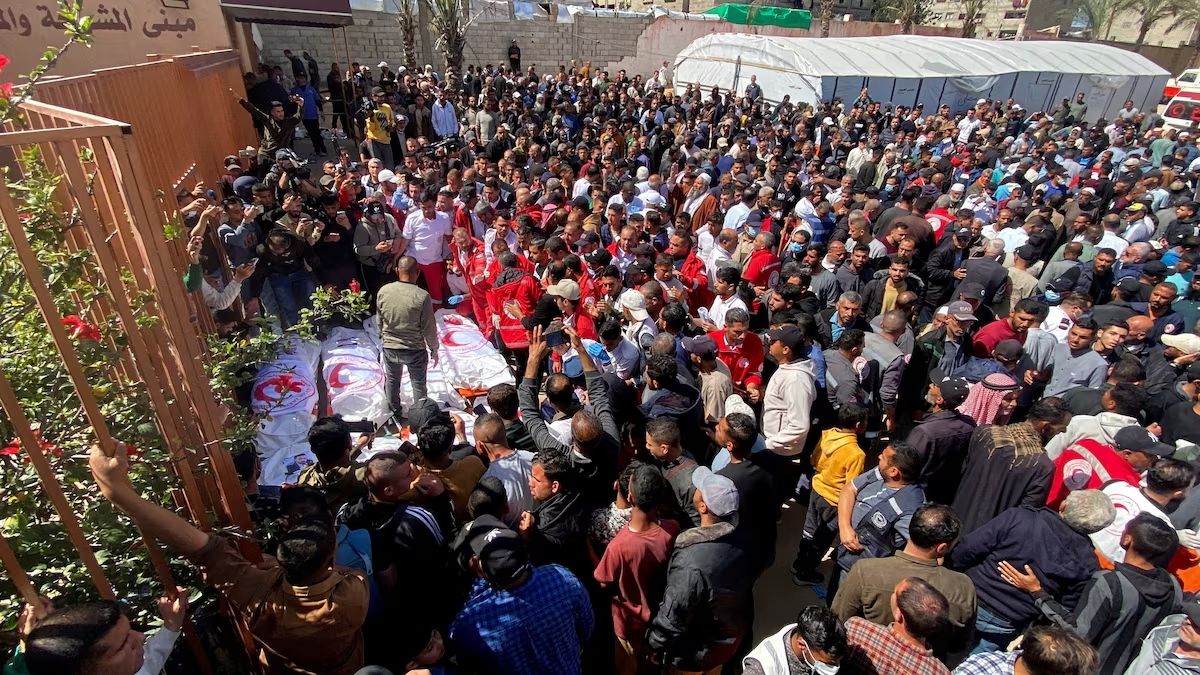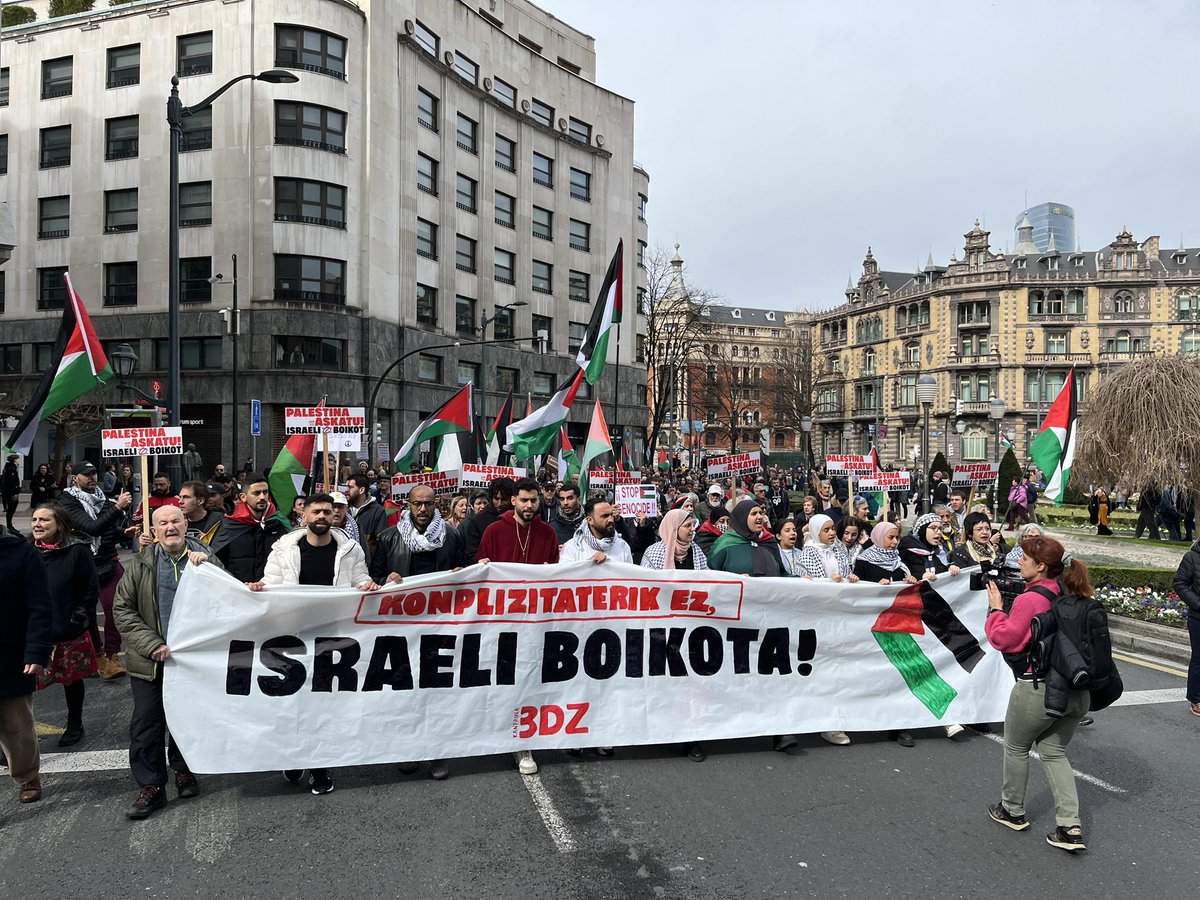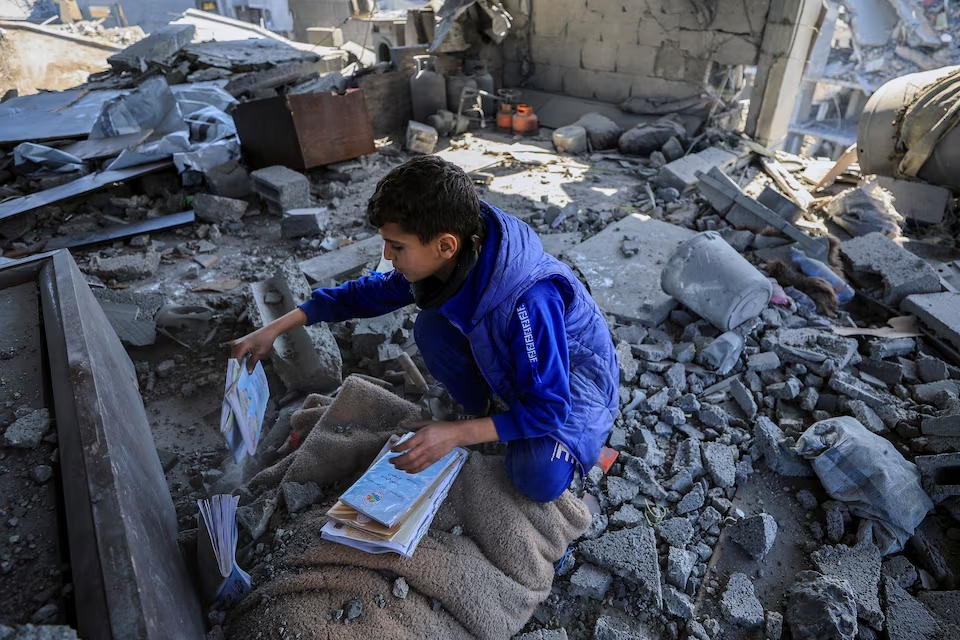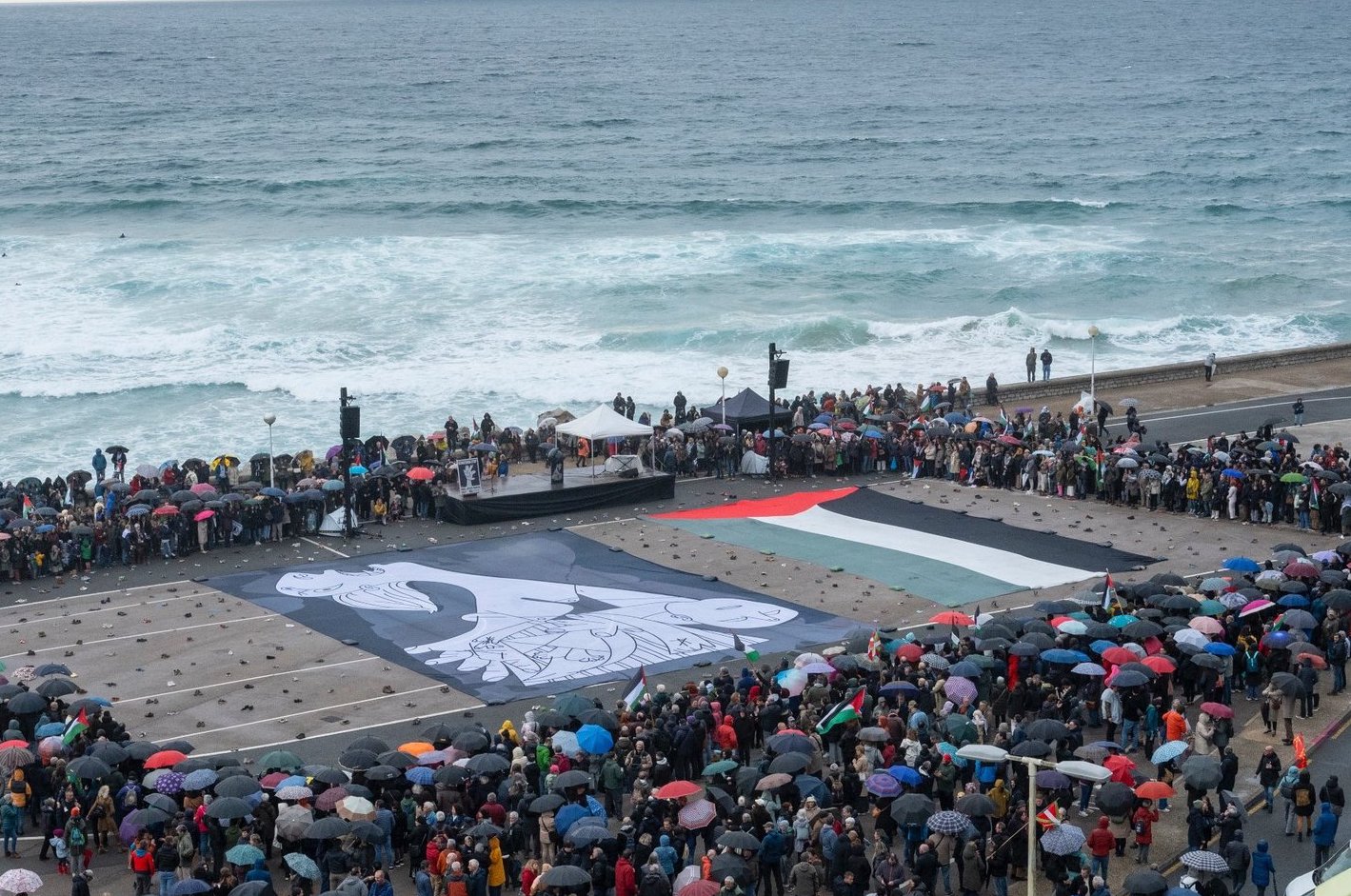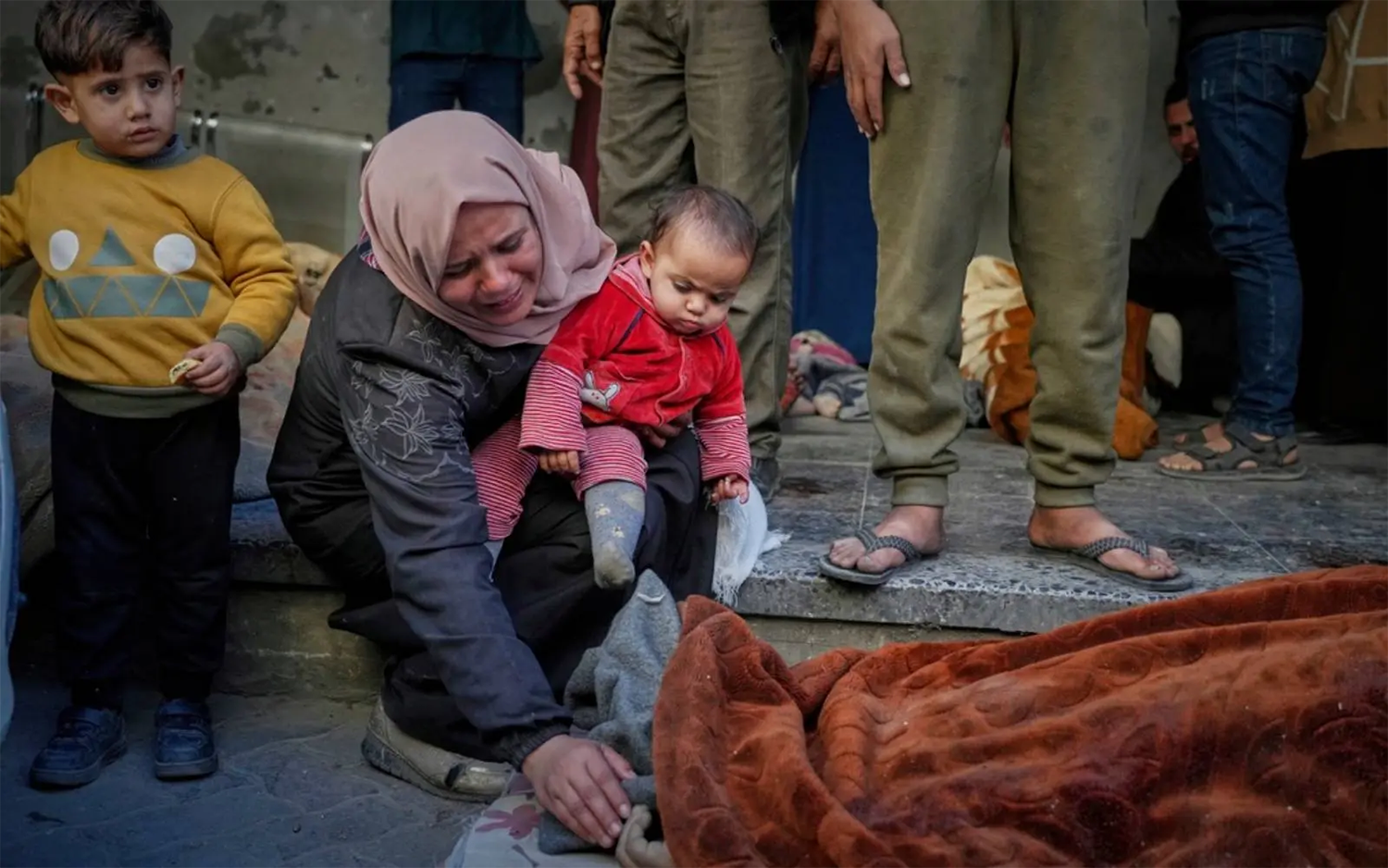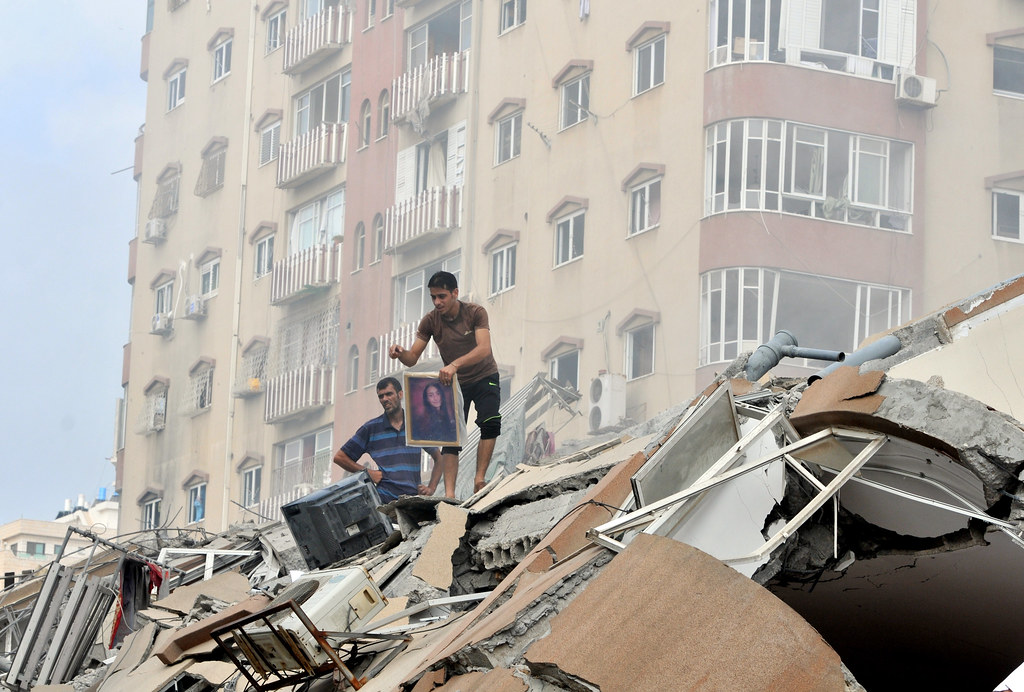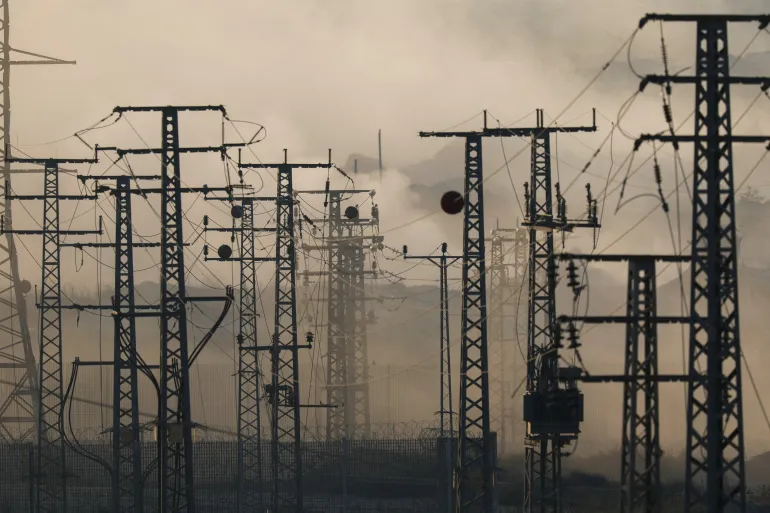Israel's torture centers are not new, they caused violence on 7 October
- If you are not able to see the causal connection between Israel’s abuses and Hamas’s crimes to many generations of Palestinians, you have no idea of human nature.
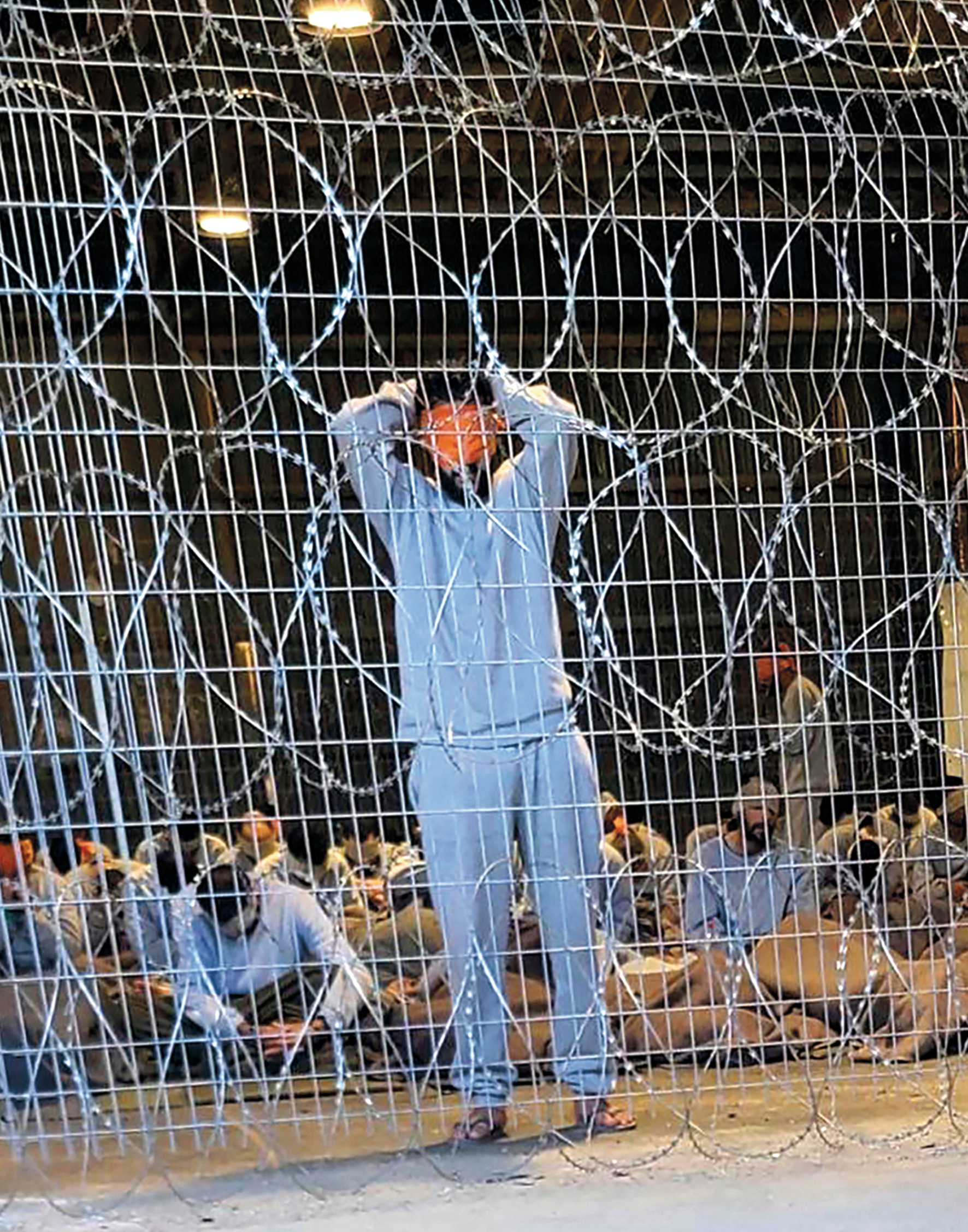
For many years I lived alongside Megiddo prison in northern Israel, where Israeli newspaper Haaretz has published new images of Israeli guards torturing Palestinians en masse. I spent hundreds of times in front of the jail. Eventually he barely repaired in the gray and low buildings, surrounded by surveillance towers and hawthorn wire.
In northern Israel there are several large prisons such as the Megidodo prison. That is where the Palestinians are taken out of their homes, often in the middle of the night. Israel and the Western media say that these Palestinians have been “detained”, as if Israel were applying a legitimate legal procedure with the oppressed – or rather with the objects – subjects of their occupation. These Palestinians are indeed hostages.
Prisons are always on the side of Israel's main roads, because the Israelis are supposedly reassured to know that they have the Palestinians imprisoned in such large numbers. (By way of observation, I would say that it is a war crime to transfer prisoners from an occupied territory to the territory of the occupant; but let us leave it there.)
Even before the mass raids of the last year, the Palestinian National Authority estimated that 800,000 Palestinians, 40 per cent of the men, have spent some time in a prison in Israel. Many were never charged with crime or tried. This does not mean that nothing would have changed: The rate of sanctions by the Israeli military courts is close to 100 per cent of the Palestinians in Gaza. There does not seem to be any innocent Palestinian.
On the contrary, incarceration is a kind of terrible rite of passage, demanded by a bureaucracy that has suffered many Palestinian generations and that manages the system of occupation and apartheid of Israel.
Since the beginning of the occupation almost 60 years ago, torture has been a common practice in these prisons, as well as against children, as Israeli human rights groups have regularly documented.
The imprisonment and torture of the Palestinians serves Israel for a number of purposes. It tramples on the Palestinian spirit, individual and collective. Traumatizes from generation to generation, generating fear and mistrust. And it helps him recruit Palestinian informants and assistants working in hiding with Israel’s secret police, Shin Bet, to thwart Palestinian resistance operations against illegal Israeli occupying forces.
This kind of Palestinian resistance must be made clear, allowed by international law. In other words, what the West denounces as “terrorism” in itself is legal according to the principles established by the West after the Second World War. Paradoxical, to put it mildly.
The systematic humiliations and traumas caused to these hundreds of thousands of Palestinians and to Palestinian society in general, and the total indifference or, worse still, the complicity of what is known as the “international community”, have inevitably fuelled religious extremism in a Palestinian society that was once eminently secular.
If the international organizations created by the West, which claim their secularism and at the same time exalt Christian values, do not offer justice or reparation, the Palestinians conclude that they will be able to find justice, or at least reward, not through useless and fraudulent “negotiations”, but through a greater commitment to the violent resistance of Islam.
This explains why the Hamas group emerged in the late 1980s and why it has increasing support. Hamas’ Islamist militancy contrasted with the secular and versatile nationalism of Al Fatah, led by Mahmud Abbas for many years. The rise of Hamas was treated with great satisfaction by Israel, which responded with forcefulness. He understood that Islamism would devalue the cause of Palestine in the eyes of the citizens of the West, and would link even more the West with Israel.
But Israel’s torture system, whether in “normal” prisons like Megiddo, as it did in the gigantic open-air prison in Gaza, also among groups such as Hamas, has contributed to an increasingly determined attitude towards liberation from violence. If there was no possibility of speaking and reasoning with Israel, if it only understood the sword, that would be the language that the Palestinians would use to speak with Israel. That was precisely the basis of the barbarities of 7 October.
If you found it terrible on 7 October, but you do not find it more terrible what Israel is doing for over half a century in its jails to the Palestinians, or you are in deep ignorance – it would not be surprising the lack of media monitoring of the Israeli despotic regime to the Palestinians – or you are in deep negationism.
If you are not able to see the causal connection between the barbaric abuses suffered by Palestinian generations and the crimes committed on 7 October, you do not understand human nature. You're not aware of how you would act if you were tortured, your father and your grandfather, in some Israeli jail. It's the trauma that parents pass on to their children.
Scenes shot in Megiddon. Images of fallen men, mutilated by beatings received in prison. The disappearance of hundreds of doctors in the torture chambers of Israel. Video of the Palestinian, raped by Israeli jails at the hands of the National Police. Ratification of the Israeli and international institutions, yes, that is the case systematically. The horrors look at us in the face. But too many of us look the other way back to the magical thinking of our childhood, where, when we pluck our eyes, the world disappears.
The horrors of the Israeli prison system are not new. It's been like this for decades. What is new is that Israel has intensified abuses in its territories and in its territories. Now enjoy the horrors that once concealed them as dark secrets.
Israel is lost. It's immersed in a black, genocidal hole. The question is: Are you going to let that hole sink? Will you keep covering your eyes? Will torture end because you prefer not to see it?
* Jonathan Cook is an English journalist who lives in Nazareth and knows the situation in Palestine as well as few international informants. This is your website.
Gure Haurrak ere Badira ekimenak deituta, Israelek azken egunetan Gazan hildako gehienak haurrak direla salatu dute. Gobernuei eta erakundeei Israelekin harreman oro etetea ere exijitu diete, "genozidio honen aurka argi eta tinko" lerratu daitezen.
No other land dokumentalaren zuzendari Hamdan Ballal kolono sionistek jipoitu zuten astelehenean bere herrian, beste hainbat palestinarrekin batera, eta Israelgo militarrek eraman zuten atxilo ondoren. Astarte goizean askatu dute.
Asteartean menia apurtu zuenetik gutxienez 650 palestinar hil dituzte sionistek, Al Jazeeraren arabera. Netanyhauren gobernuak Shin Bet zerbitzu sekretuetako buru Ronen Bar kaleratzeko erabakia hartu du, baina Auzitegi Gorenak kaleratzea geldiarazi du.
Milaka pertsona bildu dira larunbat honetan Palestinako herriari elkartasuna adierazteko eta “Israelek Gazan egindako genozidioa” amaitzeko eta Benjamin Netanyahuren gobernuak su-etenari berriro ekiteko eskatzeko. Gernika-Palestina herri ekimenak deitu du martxa,... [+]
Palestinarekin Elkartasuna plataformak osteguna, ostiral eta larunbatean eginen ditu protestak, Israel genozida. Palestinar erresistentzia aurrera! lelopean. Gernika-Palestina-k ere manifestazio nazionala antolatu du larunbaterako Donostian. Euskal Herriko Kontseilu Sozialistak... [+]
500 palestinar hil ditu Israelek, horietatik 130 baino gehiago adin txikikoak, su etena apurtu eta bigarren egunean. “Hasiera baino ez” dela ohartarazi du Netanyahuk.
Israelek eraso masiboak abiarazi ditu berriro ere Gaza osoan: Khan Younis eta Rafan Gaza hegoaldean, Gaza Hirian iparraldean eta eta Deir el-Balah-n erdialdean. "Familiak seme-alaben gorpuzkiak eskuetan zituztela iristen ziren ospitalera", adierazi du lekuko batek.
Israelek Gazarako su-etenaren urraketa ugari egin ditu urtarrilaz geroztik: zerrendako palestinarrak oinarrizko laguntzarik jaso gabe egon dira ia astebetez, eta Netanyahuk azken egunetan mehatxu egin ondoren, argindarrik gabe utzi ditu orain. Dohan ordezkari estatubatuarrekin... [+]













